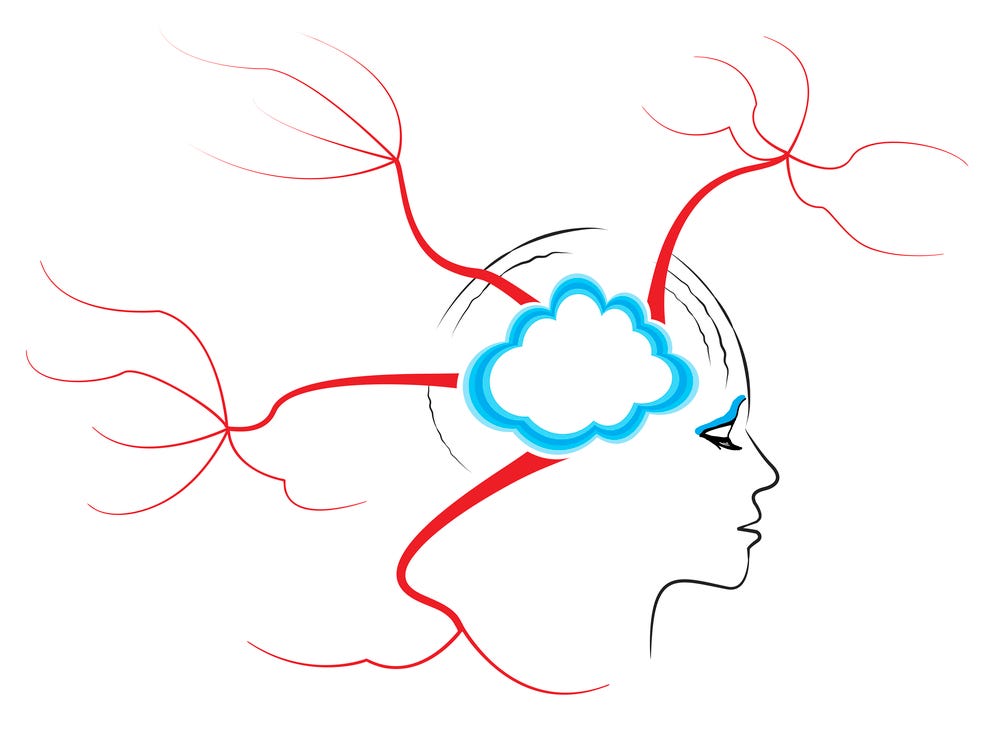(Post revamped from an earlier version.
As a writer, one of the questions I’m most often asked is: “How do you stay inspired?” How do you ignite creativity? Once ignited, how do you keep the first burning?
The short answer is—lots of ways.
I have used most of the solutions below at one time or another. By the way, most will work with other creative pursuits as well, such as painting or designing.
We writers are always looking for ways to fire up our imaginations. Over the years, I have used more tricks and gimmicks than I can count. Some are practices I try to stick to routinely to keep my mind fresh, open, and receptive such as engaging in other kinds of creative activities. Others, like sleeping on the issue when I get stuck, are best to use when you’re feeling . . . well, stuck with something in particular that you’re working on.
All of these ideas have one thing in common. They help you relax your mind and let go of all the clutter clogging things up—courtesy of everyday life—so you can make room for those brilliant one-of-a-kind creative thoughts waiting to burst forth. It’s not always easy, especially when you’re out of practice, but it can be done.
And that brings me to this; if an idea below doesn’t work for you at first, you gotta keep on trying. Really. You're sort of aiming to rewire the synapses in your brain. The more often you use the methods below the easier they will become. So try several of them or all of them, one at a time, until you discover which work best for you.
OK, here we go—
Sometimes you just have to take a break from your regular, everyday routine. Get out of the house, do something you’ve never done before or have not done in a long while. It could be going for a walk in nature on a new trail–something I love to do. Or getting out and exploring your neighborhood galleries, parks, and museums.
It’s surprising how we will hit the tourist spots all over town when we travel elsewhere but ignore the ones in our own backyards. (It’s amazing what I discover about Washington, DC, when friends visit from out of town and I want to take them to see the sights.) Check websites and newspapers for happenings nearby. Unless you live in a really isolated area there’s usually something going on somewhere. Getting outside of your comfort zone can help free your imagination from the old mental clutter to make space for fresh ideas.Take up a new creative pursuit like drawing, painting, or crafting. This is one of my favorites. It opens your eyes and helps inspire fresh ways of looking at the world or life around you. While at it, give yourself permission to play with no goal in mind at first, instead of trying to get things perfect, This may unlock creative solutions and open up unexpected paths forward.
Take a leisurely, hot shower. I do some of my best thinking in the shower while the water runs down my back. There’s something soothing and magical about the sound and sensation of pulsating water that sends the mind off to wander in unexplored and unexpected directions.
Instead of a power nap, take a creative nap. What is a creative nap? you ask. Before I drift off to sleep, I’ll think about a part of my writing where I felt stuck or unhappy with the outcome. It’s fascinating how the mind will get to work and solve the problem by the time I wake up. If a nap won’t do the trick, try it at night before drifting off to sleep. Yes, it really can work. So keep trying. When I do this, often I wake up and the solution pops into my head instantly or it will come to me gradually while I’m tinkering with the coffee machine.
Get away from it all. Go for a 20-minute walk. Alone. Anywhere. Even around the block. But try to avoid interaction with others. If you live where the neighbors will want to chat, drive yourself to a more secluded spot. A good place for this is the outdoor path or track at a local park. While walking, try not to think about your writing. Instead take in your surroundings or reflect on happy thoughts about the blessings in your life and the world around you. It’s so easy to obsess about negative things, especially when we’re in our usual surroundings.
Read nonfiction books about writing. These can be inspirational books for writers or other creative types or books on writing techniques. This often gets my writing wheels churning again, and I find myself itching to get back to work. For example, a book or chapter on character development will often generate fresh ideas on how to improve or flesh out the characters in my novel.
Try mind-mapping. In the center of a blank page I’ll write a few words describing the scene or character or whatever I want to focus or expand on and draw a circle around it. Then I allow my thoughts to wander freely, adding whatever comes to mind with spokes and then more circles leading from the main circle. This allows me to think freely without the confines or structure of thinking linearly or in sentences and paragraphs. There are lots of websites and books on mind-mapping as well as software and apps to use if you prefer to work electronically. One of my favorite tools for mind mapping is Scapple (by the makers of Scrivener).
Find the time for reflection and meditation. The peace and calmness this brings can allow space for original thoughts and insights to emerge. Don’t have a clue how to meditate? Find a video online or take a class. Many neighborhoods have them. I haven’t tried this yet but it’s one of the items on my list.
Set time aside for daydreaming. For me, this means finding a comfy chair in a quiet spot at home, shutting the door, and just sitting and letting my mind wander. If you’ve never done this or haven’t done it for a while, it may be a bit of a challenge to settle down at first. But keep at it and eventually it will work for you. Initially, I will just let my mind wander without censoring my thoughts, then toward the end of my daydreaming session (I usually allow 30 minutes to an hour), I slowly bring myself around to whatever it is I was working on. You might be surprised at the new ideas that spring to mind.
Get away, far away. As in take a trip out of town to escape the "hum-drum-ness" or craziness of your everyday life. This solution isn’t so quick and easy, but it can work wonders for creativity. Sometimes for me it’s the best thing when all else fails because I really do need a break. I’ll hit a nearby beach or mountain town for a day or two. Or take a long drive to that out-of-town restaurant or resort or spa I’ve been meaning to try. In fact, the long drive in itself can free up your thoughts.
There you have it. Nothing magical here. And really, no gimmicks or tricks. Just plain old planning. And time. But the effort often rewards those who persist.





